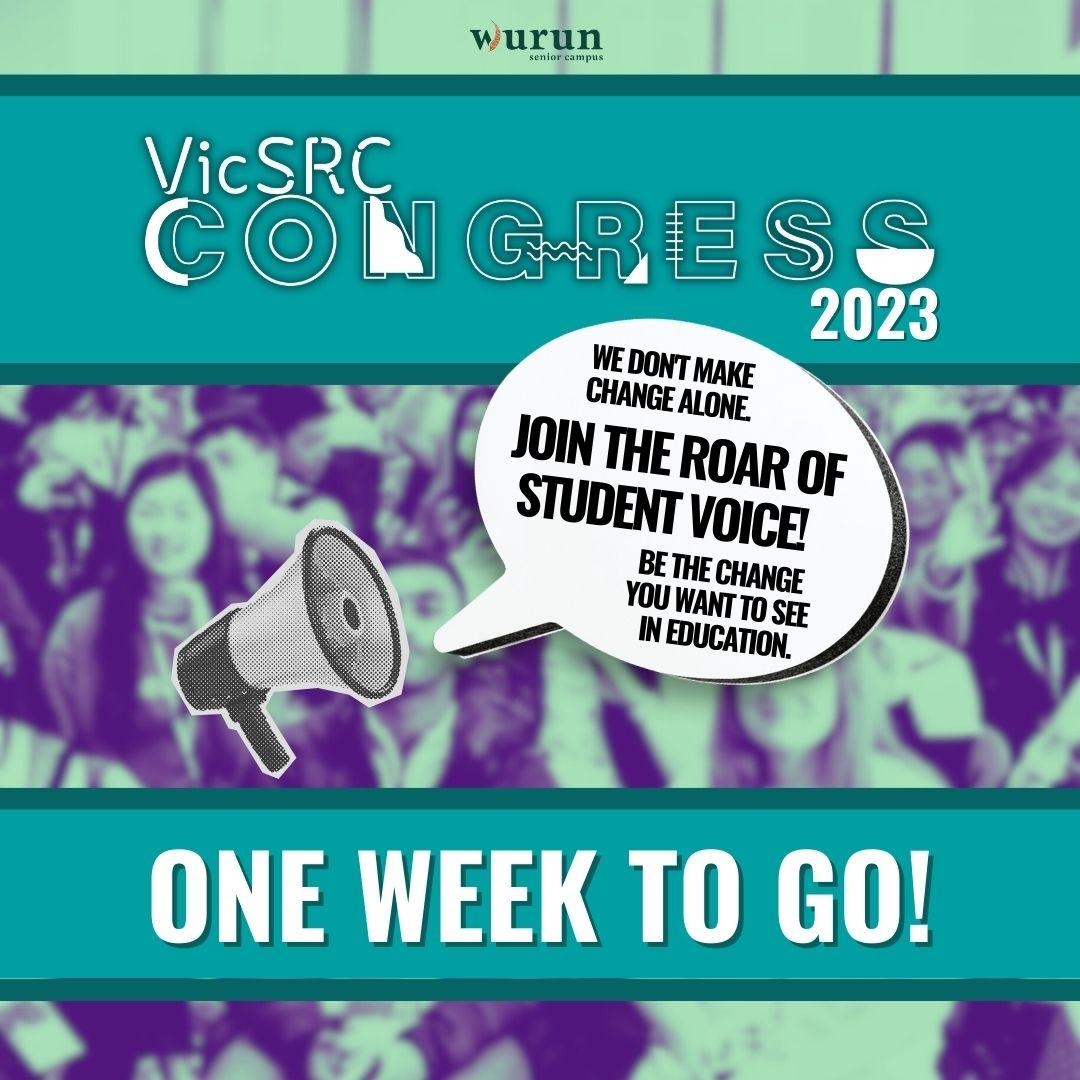The 2023 Congress Report was released officially last night at the 2023 Student Voice Awards which celebrates all of the incredible work schools and students from across Victoria have put in to amplifying student voice throughout the year.
Billy (he/him), a member of our Student Executive Advisory Committee for 2023, and recently announced for 2024, presented the report stating: "Some of them [the major findings] represent issues which have been around for a long time for students, and this reflects the need to maintain a strong focus on addressing the big issues like the mental health and wellbeing of all students. At the same time, some of these issues have come up for the first time this year, especially around the teacher shortage and the need for a boost in investments in our students, teachers and schools. We can’t wait to work more closely with the government on these issues, to build a strong mutual understanding of the issues at hand, and find the best ways forward together."
The Herald Sun ran an exclusive article in this morning's print edition diving deeper into key findings of the report. You can read the article by Susie O'Brien and Suzan Delibasic below:
Students call for more funding, mental health support in report on Victoria’s school system
Victoria’s students say their teachers are too stressed, academic success takes too much precedence and there’s a rise in derogatory language in the schoolyard, in a report on the state of the education system.
A focus on “high stakes testing” and academic success are leaving many Victorian students alienated and disengaged, a report has found.
The Victorian Students Representative Council’s 2023 Congress Report calls for more funding for schools, more non-academic pathways for students, stronger mental health support and more inclusion of neurodiversity.
The report’s release, which draws on the views of 113 students from 35 schools, comes ahead of the release of VCE results and NAPLAN outcomes for schools in mid December.
It notes that academic success “remains the primary (and in some cases, the only) definition of success in schools, meaning students are struggling to gain a sense of achievement and progress if they don’t meet perceived standards.
“Many schools continue to have a narrow view of career success when students are told that a high ATAR score and subsequent university studies are the only way to achieve ‘success’ or their career aspirations,” it states.
It also highlights the impact a lack of funding and shortage of teachers is having on students, in terms of education standards and wellbeing.
Victoria’s students say their teachers seem stressed and overworked.
“Students are feeling disrupted and as though they are missing out on key learning and extra-curricular opportunities because of their overworked, under-resourced educators,” the report states.
“Teachers seemed stressed and overworked, and that this had a negative impact on students’ own wellbeing.
“Students said that the increasing reliance on casual relief teachers was causing a sense of disruption for students by making it more difficult to establish and maintain effective relationships with their teachers. Students had also noticed that some new teachers appeared to be struggling, especially with advanced subject materials like specialised mathematics.”
Professor Lucas Walsh, director of the Monash Centre for Youth Policy and Education Practice, said the report “also reflects crises in under-resourced schools”.
“Amongst other things, this delimits engaging opportunities at school, such as camps, excursions, and other extra-curricular activities that young people more broadly overwhelmingly express an interest in,” he said.
In the report, students also note the use of derogatory and pejorative language based on identity or backgrounds (such as terms like “gay” or weaponising the use of pronouns) was on the rise, making LGBTIQA+ students and diverse backgrounds feel “unsafe”.
Patrick McGorry, executive director of Orygen, said the report was a “timely reminder of the ongoing importance of supporting students’ mental health needs and the longer lasting impacts of the ‘shadow pandemic’ taking place”.
The Victorian Student Representative Council is the peak body representing school-aged students in Victoria.
You can read a copy of the report here.

